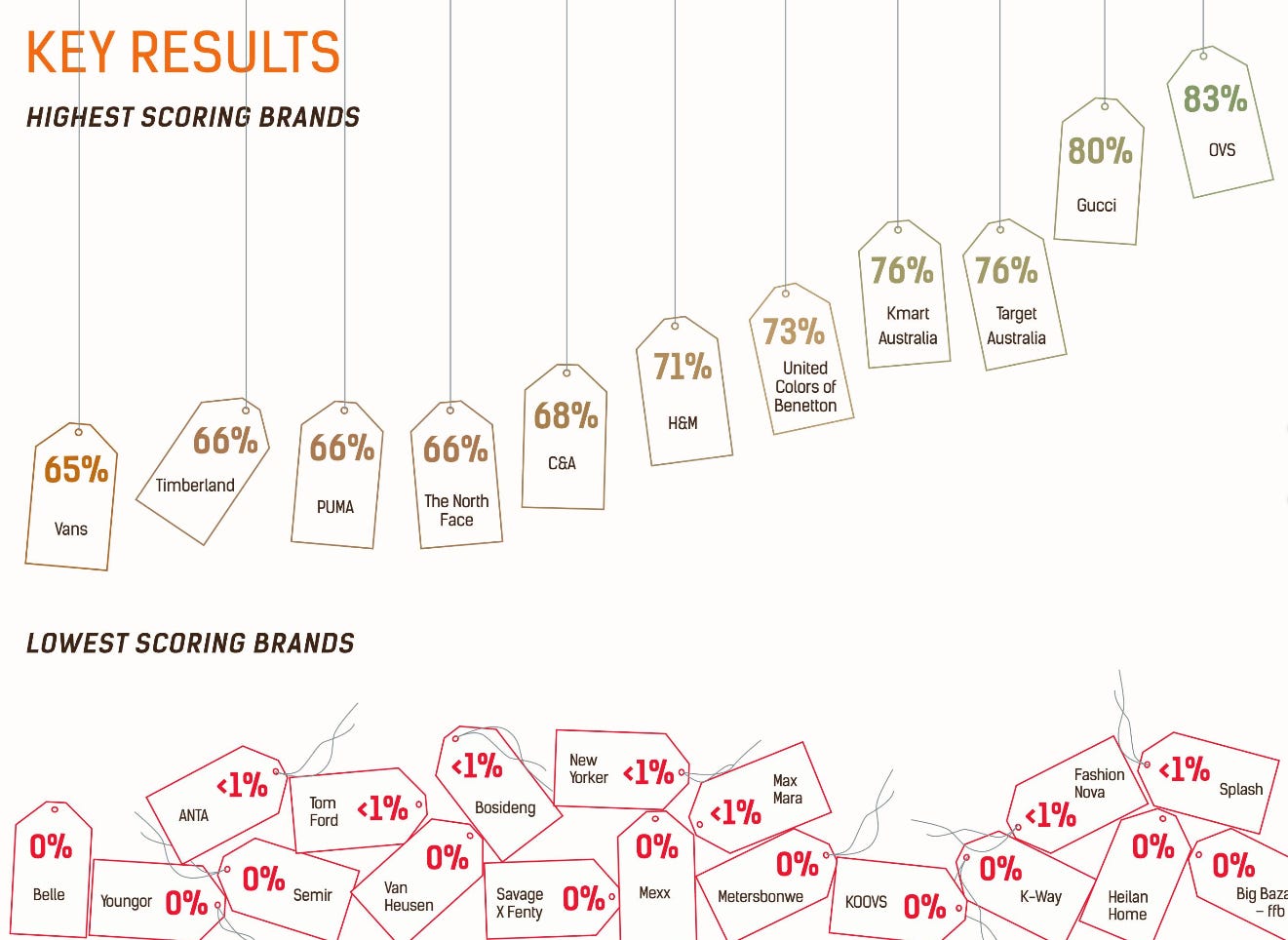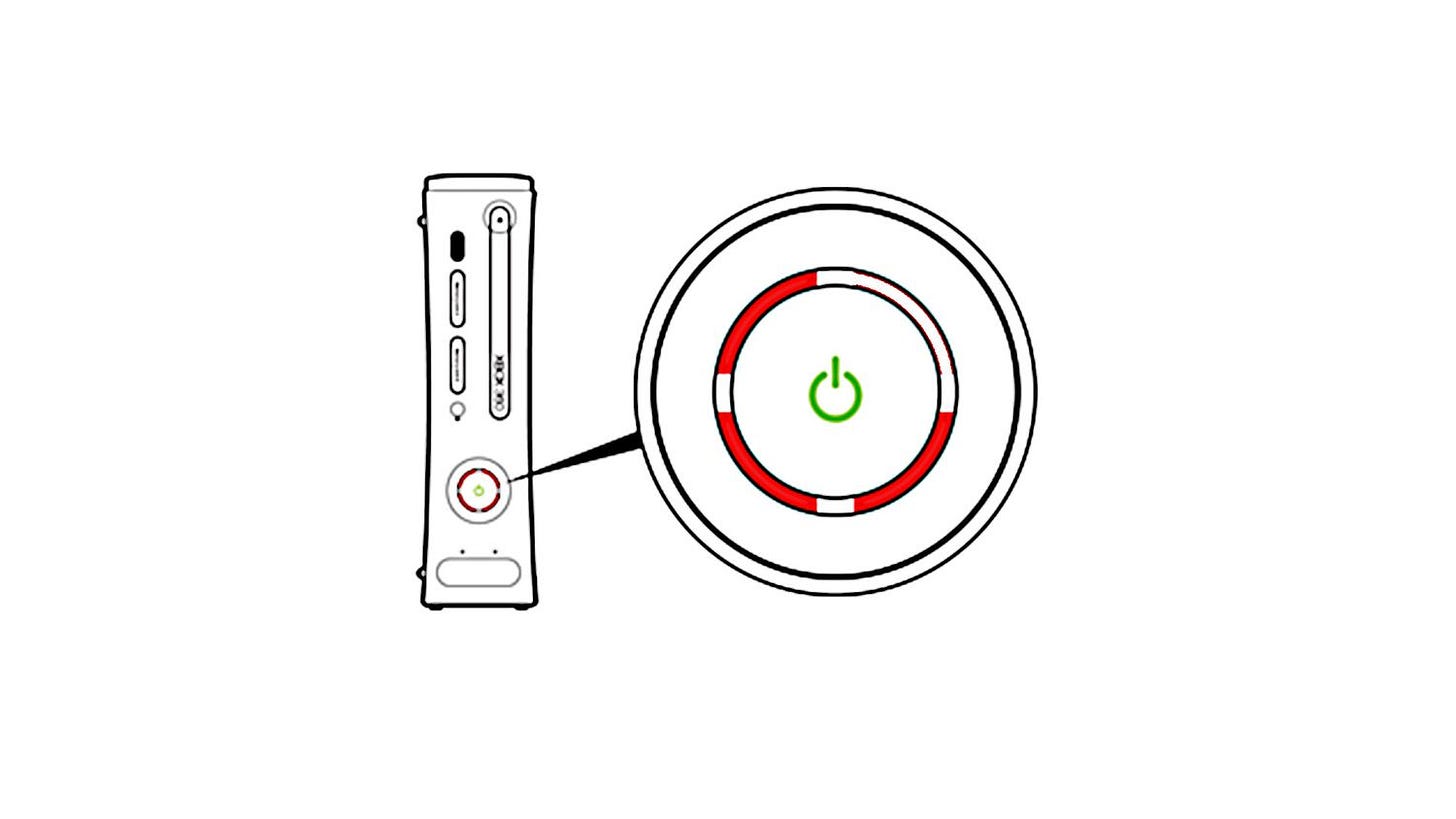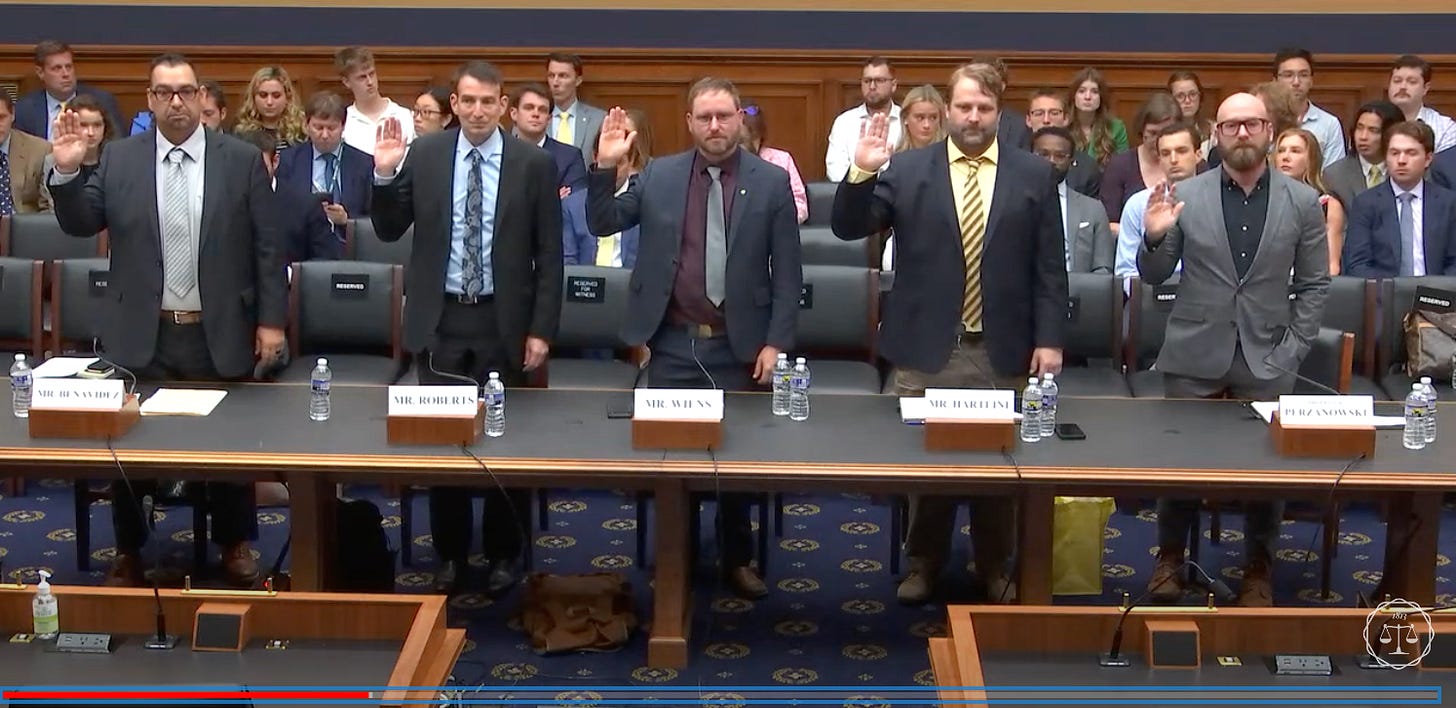Lack of Repair Options Drives Great Video Game to Die Off
There is an urgent need for video game repair and modification. Also: The EU now requires replaceable smartphone batteries by 2027. Also: the U.S. House asks “Is there a Right to Repair?”
A report released last week shows nearly 90% of classic video games are now completely unavailable. The extinction of these “classic” games (released before 2010) is being caused by widespread commercial unavailability, the challenges of preserving games, and restrictive copyright laws.
Beyond the loss of art and culture associated with these games, this is a problem for a number of reasons: from economic to ecological issues.
Repairs, Upgrades, and Modding
One of the first video game systems I used was the Gameboy SP. As of 2023 (20 years later), it’s in a dusty drawer in my parents house. Whenever I go back home and flip it on—it still works. The backlit screen, the battery, and the all the games still work with no bugs or errors.
Years later, the Xbox 360 was my console of choice, with online gaming, downloadable content, and software updates galore. There was however one problem: the Red Rings of Death (RROD). This was the bane of any twelve year old who didn’t have the $300 in savings to replace their current console. The Xbox, once receiving this error, was essentially bricked. It happened to me only a few years after owning the console.
You'd either have to ship your Xbox off for a lengthy repair or spend hundreds on a new console — which, as it turns out, also had an absurdly high chance of breaking.1
Even after taking my XBox apart and making some fixes, the problem kept coming back. RROD was a problem that cost consumers some serious cash and ended up costing Microsoft $1.15 billion.
The disposability of the Xbox 360 was a “perfect storm”: a common hardware failure, compounded by the lack of repairability, and consumers trained to look for the latest and greatest hardware and features. But that isn’t a problem unique to video game consoles. A 2022 survey by SquareTrade showed 59% of people who only crack their phone screen choose to replace their phone entirely instead of repairing it.
As the gaming industry moves away from disks and cartridges to digital downloads and streaming, the problem is getting worse, with a lack of standardization and backwards compatibility requiring consumers to hold on to a variety of different consoles, while a general inability to repair and modify these consoles restricts access to classic games—hindering the preservation of gaming history.
Jailbreaker’s Dillema
Some of the people who are keeping their consoles alive long-term are tinkerers who jailbreak their machines to add and customize features. Jailbreaking of video game consoles is allowed under a 2021 exception to Section 1201 of the Digital Millennium Copyright Act by the Librarian of Congress.
That exception covers “Video games for which outside server support has been discontinued, to allow individual play by gamers and preservation of games by libraries, archives, and museums (as well as necessary jailbreaking of console computer code for preservation uses only), and preservation of discontinued video games that never required server support.”
But that exception still forbids the distribution of jailbreaking tools and information, leaving it to individual console owners to figure out how to jailbreak their own device.
The problems with that model are clear. For PS4 console owners, downgrading the PS4 firmware to enable modifications requires technical skills, specific hardware, and backup files that most people don't have. Modders not savvy enough to complete the complex workarounds needed this downgrade are now plagued by online scams offering help while they try to resist trashing yet another piece of equipment.
The plight of video game modders underscores a larger problem: the need for accessible repair and modding options for products to lengthen the life-cycles of equipment, and use hardware to its fullest—especially after companies stop supporting it.
There are some (small) rays of hope. New regulations in the EU require removable batteries, meaning by 2027 that consoles like the Nintendo Switch 2 and Steam Deck will need to comply to continue selling in Europe. But laws to make video game consoles more repairable are nowhere in sight. Until then, maybe just be a PC gamer.
Congress asks “Is there a Right to Repair?”
A subcommittee of the U.S. House Judiciary Committee held a hearing this week titled “Is there a right to repair.” Fight to Repair editor in chief Paul Roberts took part in the hearing, which you can watch on YouTube.
Other News
Congressional committee considers right to repair - panelists speaking before a House Judiciary subcommittee (including Fight to Repair editor Paul Roberts) argued that federal right to repair laws for automobiles and other devices was necessary to stave off
Amazon’s connected devices are leaving people in the dark according to Alexa user Brandon Jackson’s account of a week-long debacle with the company. After Jackson was locked out of his account left him with a house full of unresponsive devices. This experience has led Jackson to reconsider their loyalty to Amazon and advocate for a more personalized home assistant systems.
Repairability score for smartphones introduced from Consumer NZ, allowing New Zealanders to choose phones that can be used for longer, with the Samsung Galaxy A54 5G model scoring high for repairability and costing less than the less repairable and more expensive iPhone 13, indicating that a repairable phone doesn't have to be expensive; Consumer NZ urges manufacturers to make repairable phones and supports the right to repair campaign to reduce electronic waste and save money.
The EU has mandated replaceable smartphone batteries by 2027 in an effort to reduce waste and promote a circular economy, and this decision is expected to have a global impact on smartphone design and manufacturing.

Ecodesign for Sustainable Products Regulation (ESPR) have been strengthened in the EU, focusing on increasing the lifespan of products. Repair advocates say positives of the draft included repair information through a Digital Product Passport, and prioritizing sustainability requirements for certain products. Major criticisms were levied against the rule as it did not include regulation of online sales (a massive market).
Greenwashing laws from the European Parliament include stronger protections of consumers from deceptive environmental claims and early obsolescence. These include banning claims of carbon offsetting to demonstrate eco-friendliness, introducing stricter regulations on sustainability labels, and addressing designed features that limit device longevity, although it failed to enforce greater transparency on practices that restrict independent or self-repair.
Congress's copyright laws, specifically Section 1201 of the Digital Millennium Copyright Act (DMCA), is preventing individuals from creating a fix for McDonald's ice cream machines due to restrictions on circumventing service passwords. iFixit CEO Kyle Wiens in Fast Company about the limitations of the Right to Repair movement in the face of software-integrated products and the need for federal legislation to address these issues and restore consumer autonomy and repair rights.
The Fashion Transparency Index 2023 reveals that while some major fashion brands have made progress in transparency, the industry still has a long way to go in addressing global inequality and the climate crisis, with brands often prioritizing profit over sustainability; only two out of 250 brands scored 80% or higher for repairability, major brands continue to evade responsibilities like tax and purchasing practices, and most brands do not disclose the number of workers being paid a living wage or the fuel used in manufacturing clothes, emphasizing the need for legislation and increased transparency to transform the fashion industry.

France is launching a scheme to subsidize repairs for clothing and shoes in an effort to reduce waste and pollution in the textile industry, with discounts ranging from €6 to €25 ( available depending on the complexity of the repair, aiming to create a circular economy and promote sustainable consumption habits. The scheme will be implemented by Refashion, a French private organization, and participating companies will be refunded within 15 days.
Tips to avoid buying new stuff to save money and the planet - here’s a growing trend of people rejecting or reducing the new stuff and embracing the reduced, reused, recycled, refurbished and repaired. Here are some resources and ideas for those interested in opting out of the “buy new” culture where they can and embracing the “waste less, want less” lifestyle.




